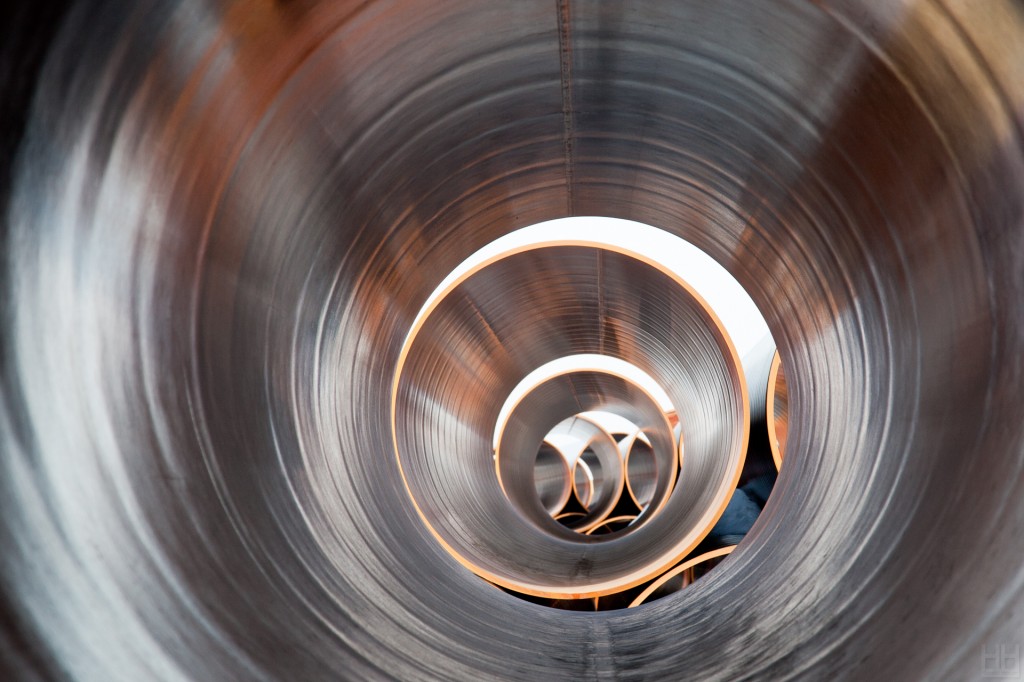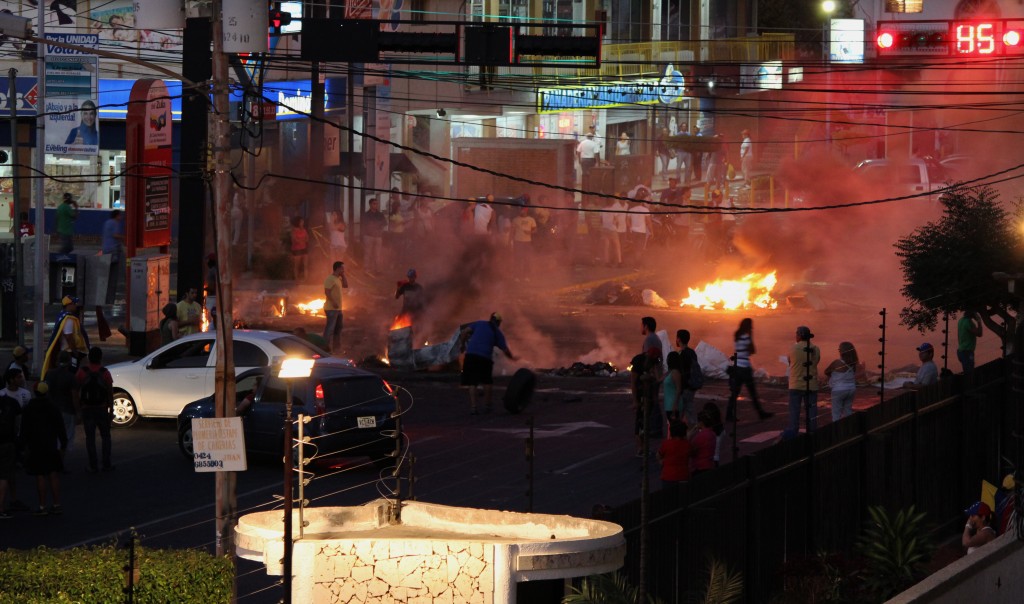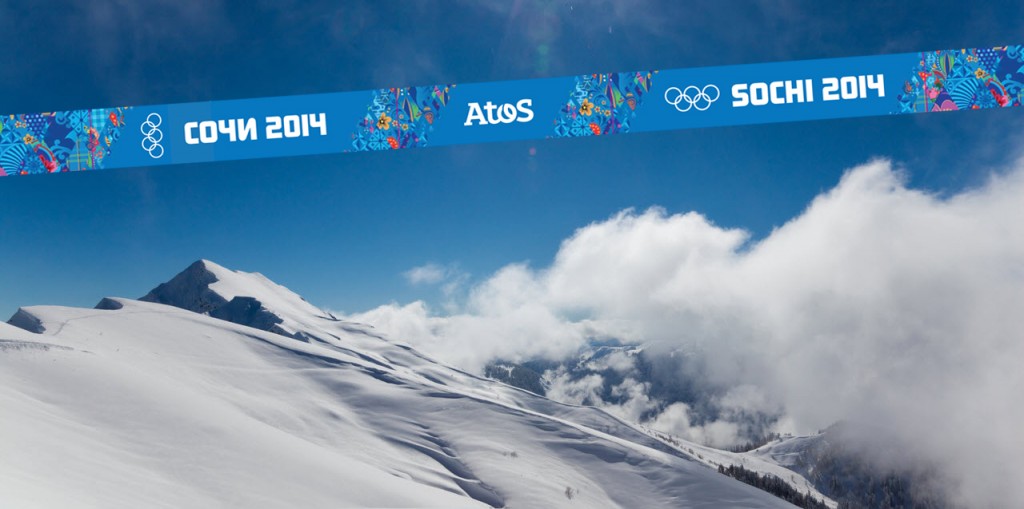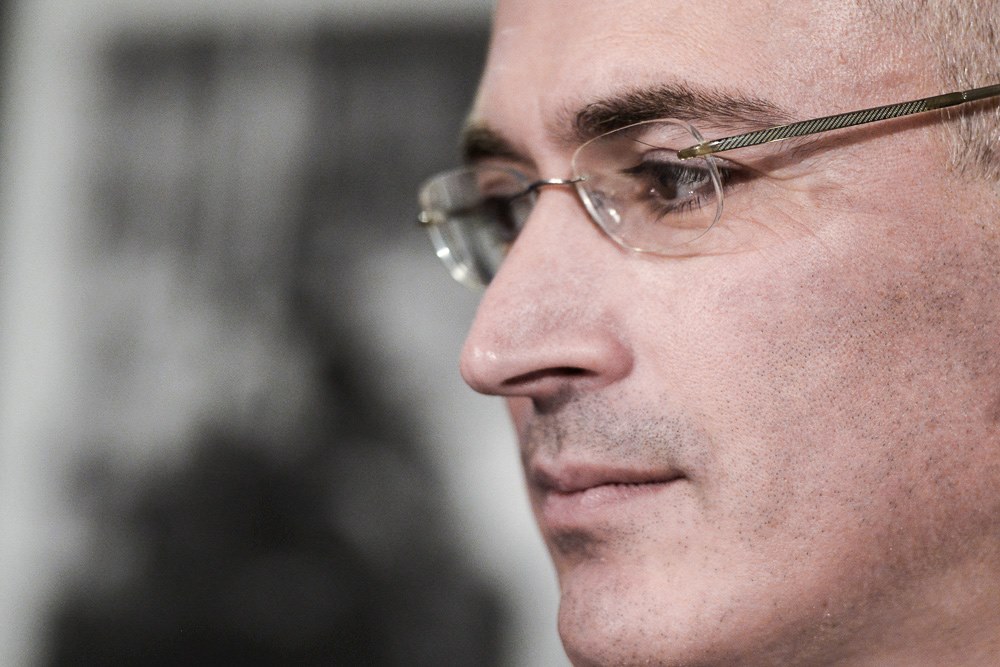Here’s my latest blog for Huffington Post UK:
After months of fraught relations between Russia and the West which have seen a flurry of tit-for-tat sanctions triggered by the growing unrest in Ukraine, the final straw seemed to come with the suspected downing on 17 July of flight MH17 over Ukraine by pro-Russian separatists.
Under growing international pressure to act, on 29 July the EU finally confirmed it was imposing ‘stage three’ sanctions against Russia. Here are the five key takeaways on Russian relations with the West in recent weeks:
1. Press reaction to MH17 disaster – differing views
Many of the European, American and Asian newspapers led with the story:
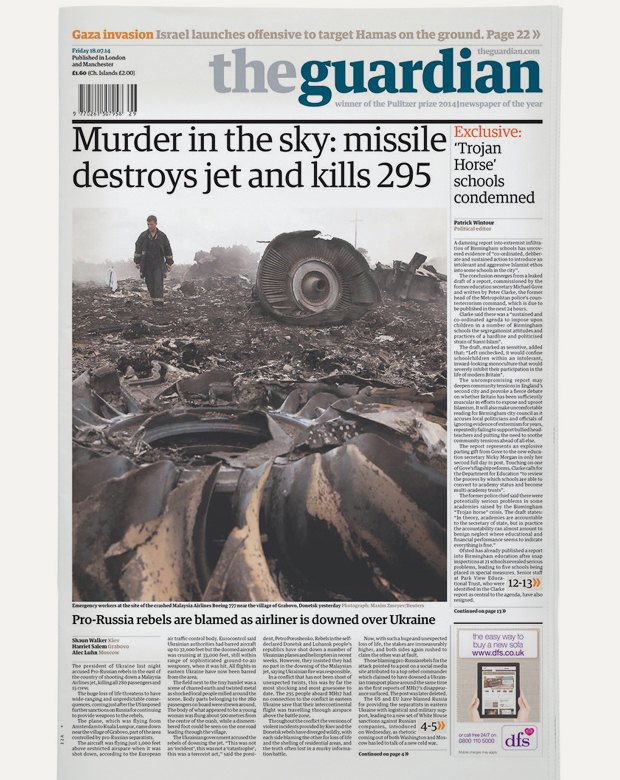 Although as UK broadsheet The Guardian was quick to point out, many Russian newspapers relegated news of the accident to the bottom of the page:
Although as UK broadsheet The Guardian was quick to point out, many Russian newspapers relegated news of the accident to the bottom of the page:
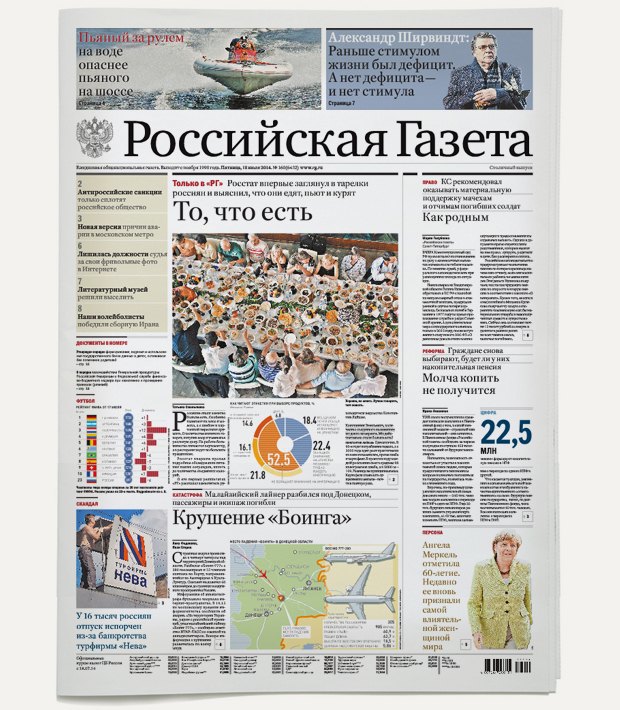 Although pro-Kremlin Russian tabloid Tvoi Den did lead with a more dramatic image, the caption told a startlingly different story: Donetsk People’s Republic Authorities Claim Plane Destroyed by a Ukrainian Buk Missile:
Although pro-Kremlin Russian tabloid Tvoi Den did lead with a more dramatic image, the caption told a startlingly different story: Donetsk People’s Republic Authorities Claim Plane Destroyed by a Ukrainian Buk Missile:
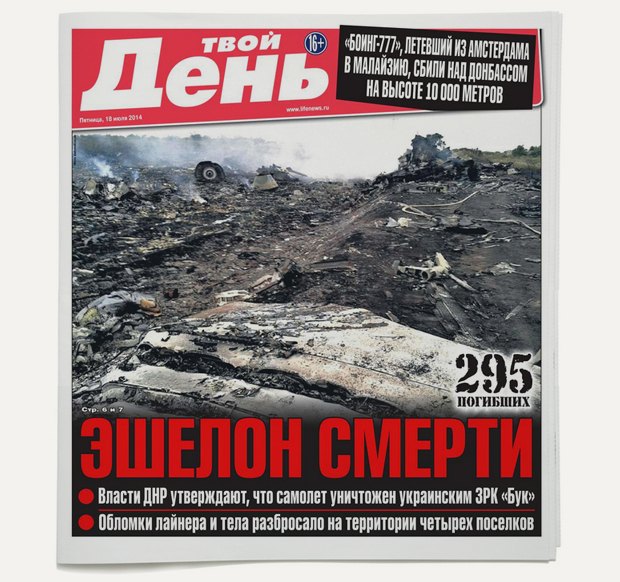 Reflecting the shockwaves felt across the Netherlands, which suffered the most losses, Dutch daily nrc•next was noticeably more reserved: Last night in eastern Ukraine, a plane crashed. On board were 300 people, 154 of them were Dutch:
Reflecting the shockwaves felt across the Netherlands, which suffered the most losses, Dutch daily nrc•next was noticeably more reserved: Last night in eastern Ukraine, a plane crashed. On board were 300 people, 154 of them were Dutch:
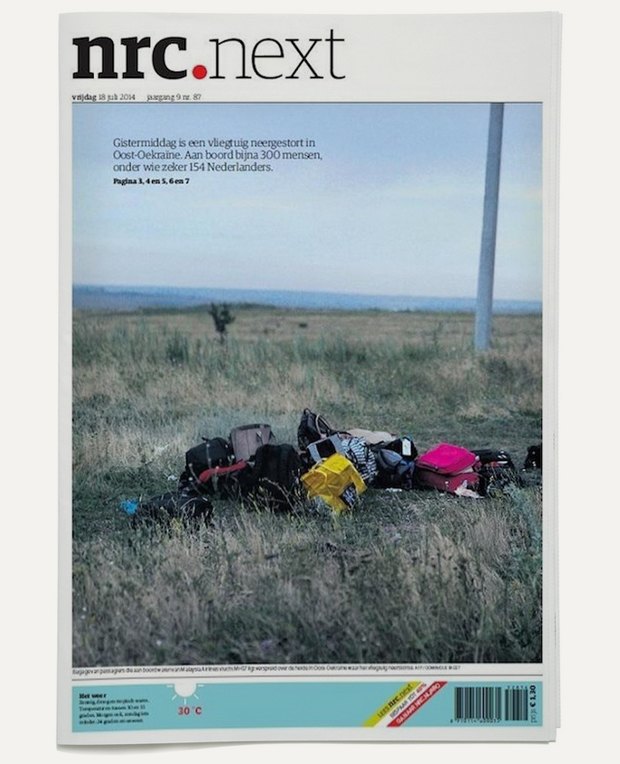 Published on 01-08-14. Read on here
Published on 01-08-14. Read on here

